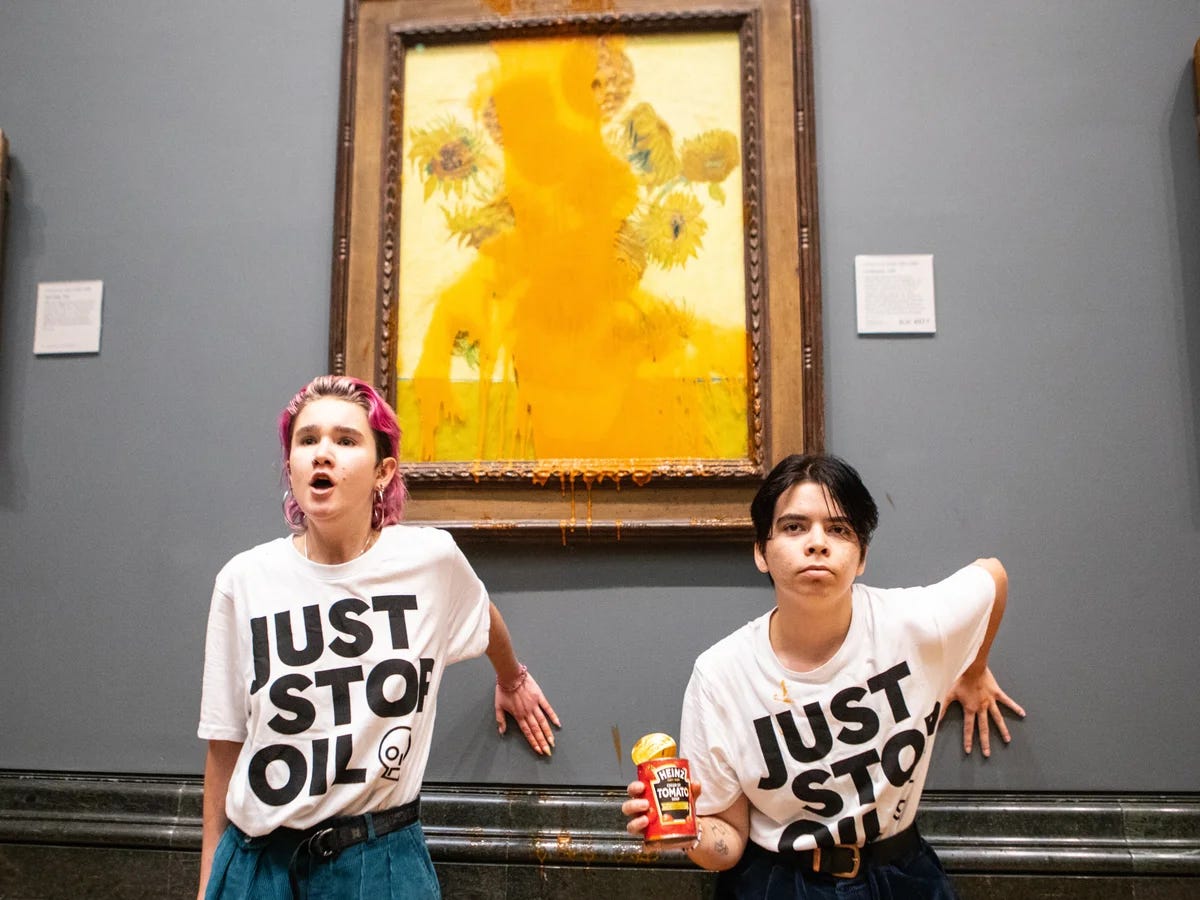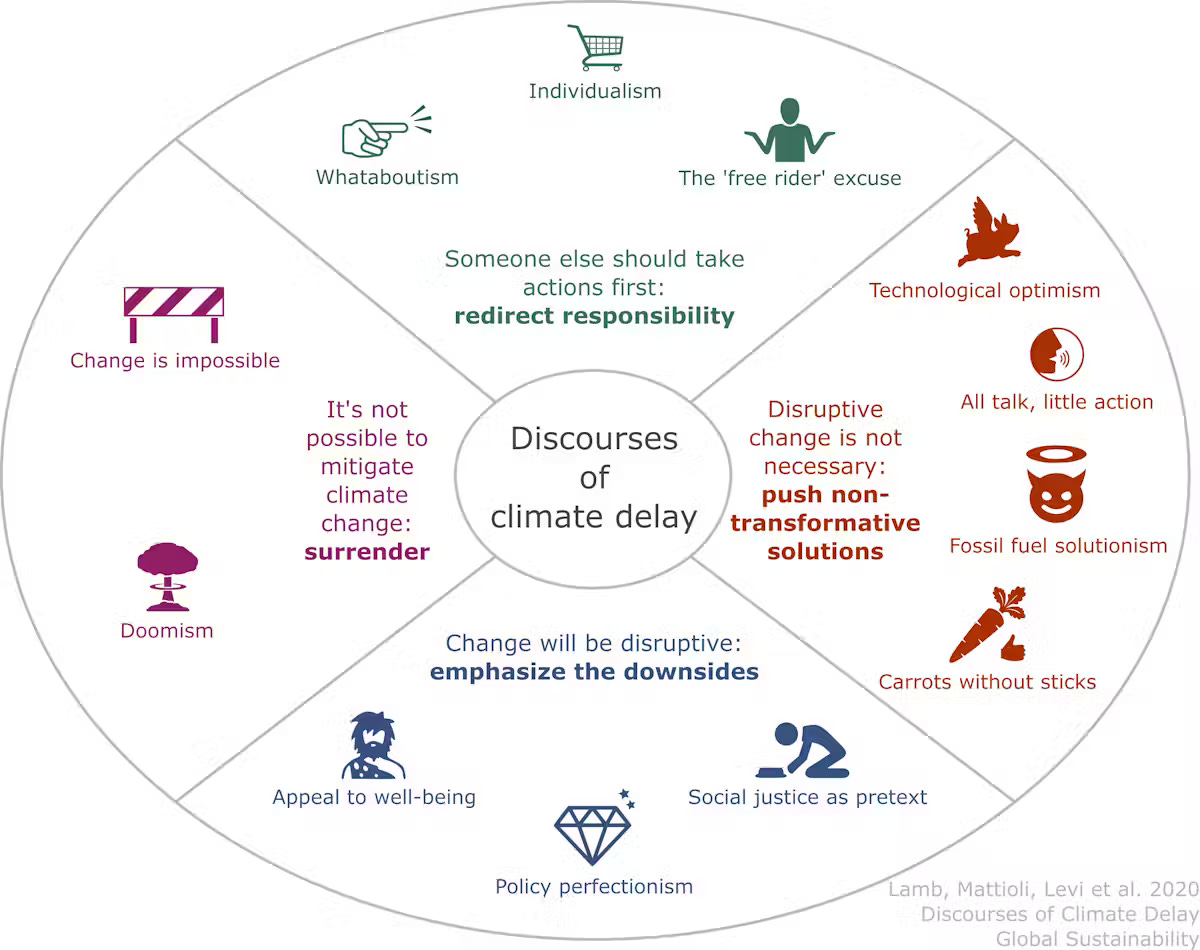This is my new fascination.
Well, I’ve been thinking about it for a while — in the context of climate protest.
What’s effective and what’s ineffective in getting the message across?

But now I’ve started to think about it more generally, and then — as a result — more personally.
It’s fine to go around believing most other people are wrongheaded, and that they need to become more like you are.
Behave as you behave.
Believe what you believe — including that bit about all the other other people being wrongheaded.
But if you start to examine this, you fairly soon start to wonder when was the last time you yourself changed your mind?
Over anything, big or small.
If you expect other people to change, then you have to be prepared to change yourself.
What is it that makes someone change their mind?
Here’s the question I’ve been asking students recently, in workshops and masterclasses —
When was the last time you changed your mind?
And then, as a follow-up
What was it that made the difference?
I often ask this when I am teaching epiphany stories.
In them, by the end, often during the final sentence, a character experiences a shift in their relationship to the world.
Here are the final words of Raymond Carver’s story ‘Fat’:
It is August.
My life is going to change. I feel it.
But does this really happen? Aren’t epiphanies just a literary convention — a way of getting out of narrative that doesn’t involve some corny action?
That’s the question I’m trying to ask. That’s what I say to the students —
Have you ever experienced anything like an epiphany?
When you last changed your mind, when you had that realisation you’d been mistaken before, did it come suddenly? Was it because of something you saw or read? Were you looking out of a window at an ordinary tree on the street? Were you having an argument that you didn’t admit you’d lost, but thought about afterwards, and saw through it into a new way of thinking?
Sometimes the reason we change is because we’ve become exhausted, and have lost patience with having patience. This is when we change for the worse.
At other times, we change because we realise we need to make more effort. We can’t just let things go on as they were. This can be when we try to improve.
Maybe this sounds too general.
My sense is that people, just like characters in stories, do have epiphanies — moments of clarity — sudden revelations.
‘and suddenly everything became clear to him.’
The quote Raymond Carver had on a 3x5 card above his workdesk.
Afterwards, they may understand that this was coming for a while. There was a set-up and a trigger.
One recent change that’s happened in my mind is, going back to where we started, about climate protest.
I realised that people learning the fact of global warming wasn’t enough in itself to make them demand an end to fossil fuels.
I used to hope that another flood or drought or storm, or another appeal by David Attenborough (‘Together, we can stop this, but we have to act now’) at the end of another TV series, would be a major tipping point.
‘People’ — people in general — would realise.
That’s not the case.
I’m sure that there are moments of vulnerability, when people feel individually threatened or responsible, and are determined to do something, but afterwards — that’s where things get interesting.
Not with epiphanies but what comes after epiphanies — backsliding, compromises, occlusion.
There’s the rousing end of the David Attenborough series, yes, but then there’s the trailer for Strictly Come Dancing that follows.
There’s the interview with the climate protester on the Today Programme or Sky News, but then there’s the kiss-off from the presenter — (‘Well, we won’t be going there on our holidays’) — and straight into the report on London Fashion Week or how the economy hasn’t grown as much as hoped.
And we’re back once again in the usual of business as usual.
What was it made the difference to me?
I’m not sure I can point to a moment. It was half a dozen times I had great hope and was disappointed. It was reading things like this, about delayism —
Both these things — the epiphanies and the occlusions — are what many stories get written about.
But they are worth examining in themselves.
So, When did you last change your mind?
But also, When did you last change your mind back?





(Just a little note to say it's Anna Holland, not Amanda, in the photograph.)
Thank you for your Writer's Diary and greetings from Berlin.